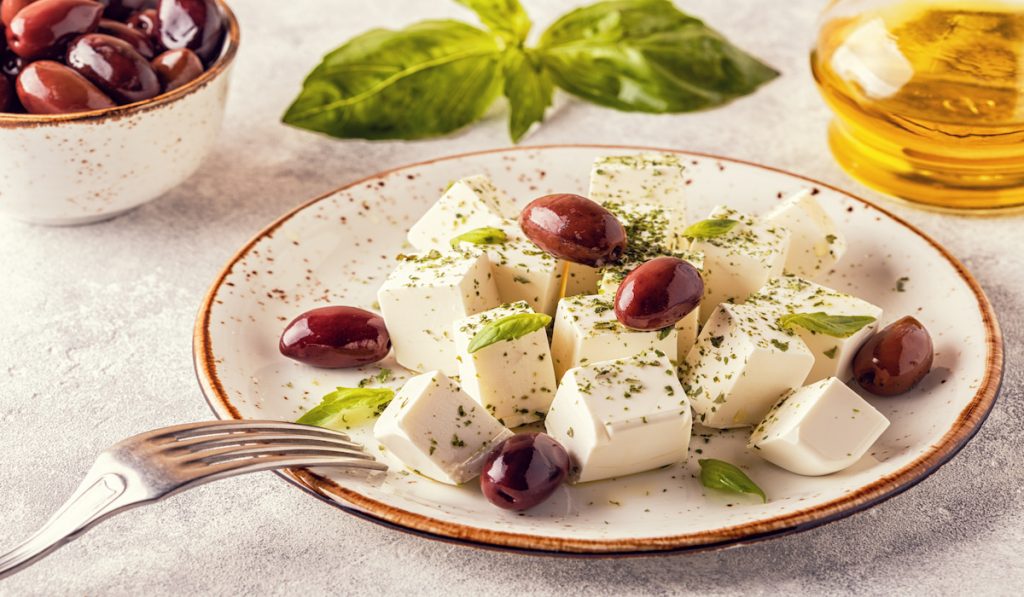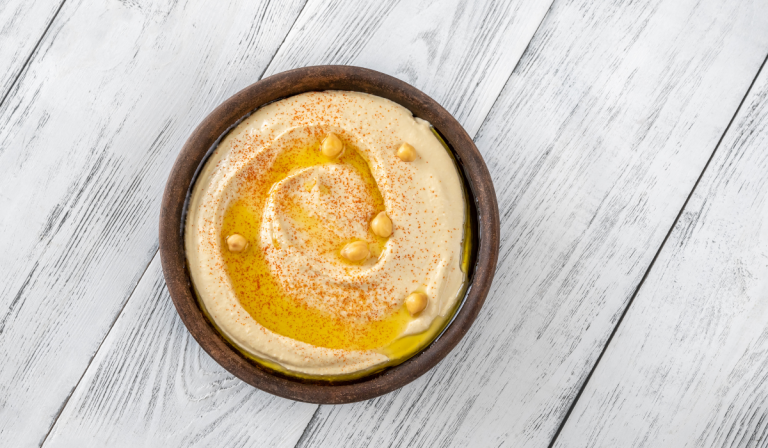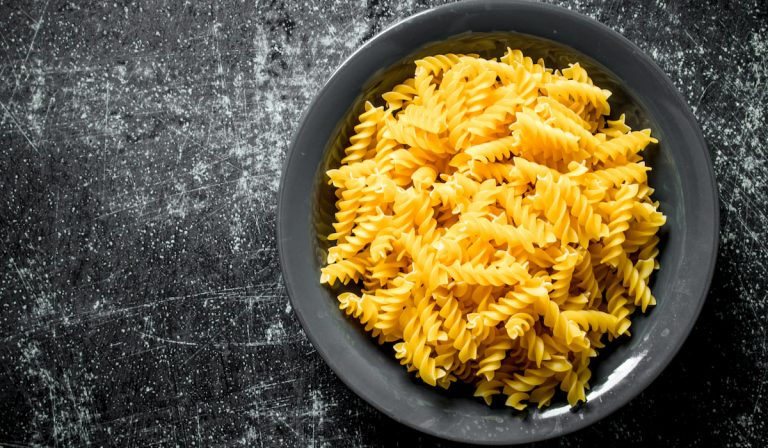Is Feta Cheese Paleo? (Interesting Things to Know!)
Sometimes, the pieces of information you’ll find about what is paleo and what isn’t paleo are contradictory. This contradiction often raises questions about the paleo-friendliness of some food items like cheese.
So, if you want to add feta cheese to your paleo diet, you may still be unsure, even after checking multiple sources. But not to worry, we have some information that clarifies the paleo-friendliness of feta cheese.
Is feta cheese paleo?
Ordinarily, feta cheese may not fit the definition of what is paleo. Feta cheese comes from goat milk. And there is no real evidence that humans of the Paleolithic era milked cows or goats.
In other words, hunter-gatherers most likely did not feed on dairy and dairy products. Still, you may find that some people include some full-fat dairy, such as feta cheese, in their paleo diet.
You might be wondering why some people still include feta cheese in their paleo diet, even with the restriction on dairy products. Well, below, we explain this and discuss other interesting things to know about the topic. Read on for more.

Is Feta Cheese Paleo?
Strictly speaking, feta cheese is not paleo.
Current evidence suggests that humans started consuming animal milk about 10 thousand years ago. In other words, the earliest period that humans started drinking animal dairy was the Neolithic era.
Going by the above, you can almost conclude that humans of the Paleolithic era consumed little or no animal dairy.
Of course, as you may already know, paleo diets try to mimic the diet of early humans. So, if early humans did not consume animal milk, dairy products like cheese do not really qualify as paleo.
That being said, you may find that feta cheese and other full-fat dairy like butter make up some versions of a paleo diet. This may be because full-fat dairy products retain all their natural fat content, so they are basically unprocessed.
The bottom line is, if you are on a strict version of paleo diet, you should avoid feta cheese. However, if your paleo diet is flexible, you can have some feta cheese.
Still, before you decide to add feta cheese to your paleo diet, ensure it is OK for you.
You could try testing the cheese in small amounts to see if you react to it. If you experience no reaction, you should have no problem adding it to your paleo diet.
Besides checking that feta cheese is safe for you, ensure you only consume it in limited amounts. Taking too much feta cheese might be detrimental to your health.
Health Benefits of Feta Cheese
Feta Cheese Promotes Bone Health

Of all the cheese types you may come across, feta cheese has one of the highest calcium levels. This means if you regularly eat feta cheese, you will get enough calcium to promote the structure of your teeth and bones.
Besides calcium, feta cheese contains decent amounts of phosphorus. Alongside calcium, phosphorus helps to maintain bone density and prevent osteoporosis.
Feta Cheese Can Promote Gut Health
Feta cheese is a fermented food, and like many fermented foods, it contains probiotics. Probiotics help promote a healthy gut. But beyond that, they can help your immune system function better.
Feta Cheese Might Help With Weight Loss
Due to the presence of conjugated linoleic acid (CLA) in feta cheese, there’s a chance that feta cheese can help with weight loss.
Some studies show that CLA can help decrease body fat and improve body composition. But the said studies are not conclusive yet. Plus, there is a chance that CLA might hamper fat and sugar metabolism.
So, as we already advised, consume limited amounts of feta cheese.
Potential Downsides of Feta Cheese
Feta cheese is not a perfect meal. While it is generally considered low-calorie, it comes with some potential downsides, including the following.
Blood Pressure Elevation

Feta cheese has a high salt (sodium) content. Since high sodium is one of the risk factors for high blood pressure, consuming too much of it puts you at risk.
Similarly, the elevated sodium and calcium levels of feta cheese are not ideal for people with kidney problems.
Feta Cheese Might Interact With Some Medications
Feta cheese contains an amino acid called tyramine.
When you eat tyramine-containing foods while taking a group of antidepressants known as MAOIs (monoamine oxidase inhibitors), you leave yourself at risk of a serious reaction. The said reaction may cause symptoms like palpitations, blood pressure spikes, sweating, and chest pains, amongst others.
So, feta cheese can interact with MAOIs and cause the reactions described above. So, if you are on any drug and like eating feta cheese, consult your pharmacist or doctor.

Some Other Interesting Things to Know About Feta Cheese
- Feta cheese is originally a Greek cheese. But these days, you may find variants from other countries. Such variants include Danish feta, Australian feta, Bulgarian feta, and French feta.
- Feta is usually made from sheep and goat milk. However, you cannot use more than 30% goat milk for feta cheese production.
- The milk for Greek feta cheese comes from only specific areas in Greece.
- The word “feta” is a Greek word that means “slice.”
Conclusion
If you go by a strict paleo diet, then feta cheese would not be ideal for your diet. However, if your paleo diet is slightly flexible, you can have limited amounts of feta cheese if it is safe.
Resources
- https://www.quora.com/Can-you-eat-feta-cheese-on-paleo-diet
- https://spoonuniversity.com/lifestyle/4-comfort-foods-you-can-still-eat-on-a-paleo-diet
- https://paleogrubs.com/paleo-diet
- https://paleosafe.org/feta-cheese/
- https://www.rawmilkinstitute.org/updates/why-humans-drink-raw-milk
- https://www.webmd.com/diet/feta-cheese-is-it-good-for-you
- https://www.mayoclinic.org/diseases-conditions/depression/expert-answers/maois/faq-20058035
- https://futura-foods.com/fun-feta-facts/
- https://hummusbowls.com/feta-cheese-fun-facts/







